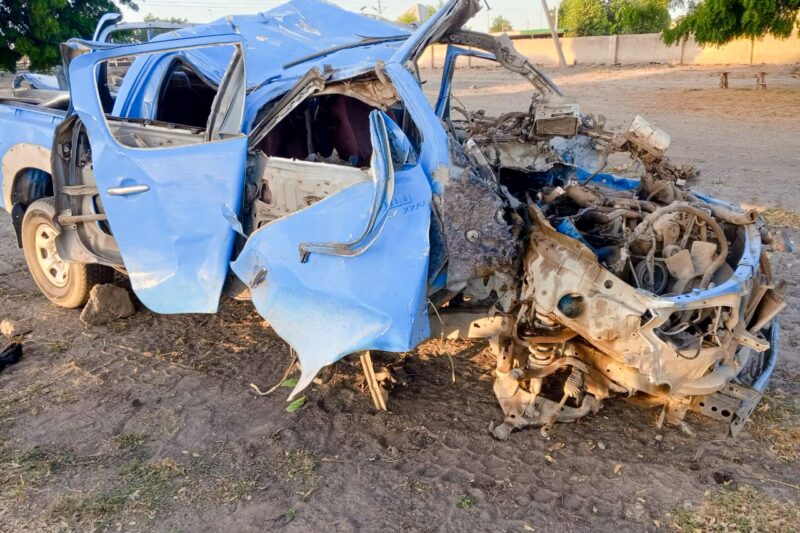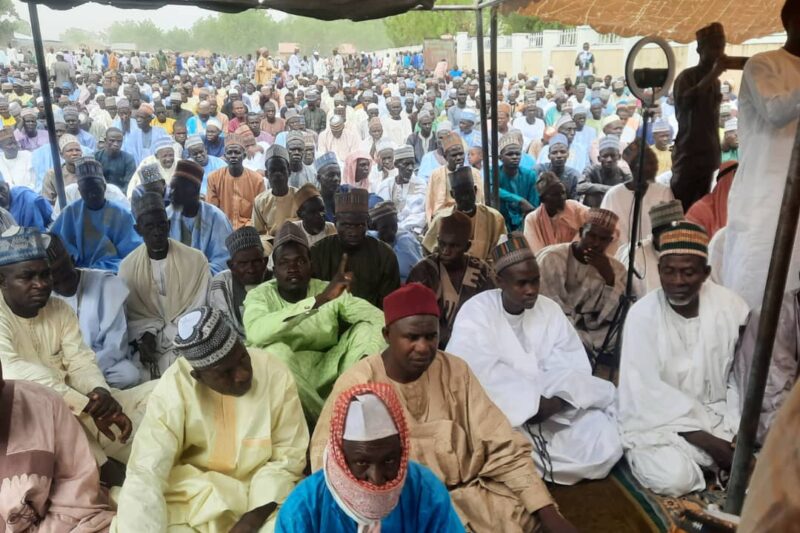Many children – especially those living in internally displaced persons’ camps and in host communities in Maiduguri – have to work for their living.
It is not necessarily forced labour. In many cases, it is the only way for them to survive − and most often the money they make is used to help their indigent families.
Poverty is rife. Most of the people living in internally displaced persons’ camps and host communities, had to flee from their homes in villages and towns because of the ever-increasing number of attacks by extremists, such as the Jamā’at Ahl as-Sunnah lid-Da’way Wa’l-Jihād (JAS), commonly known as Boko Haram, and the Islamic State West Africa Province (ISWAP).
A United Nations International Children’ Emergency Fund (UNICEF) report said that across Nigeria there were millions of children under the age of 14 who were forced to work.
It said the money earned by child family members had become a significant part of poor families’ income.
The report said children worked in public places, such as streets and markets, as street vendors, beggars, shoe shiners, car washers and watchers, scavengers and feet washers.
In semi-public settings, such as cottage industries and mechanic workshops, they worked as apprentice mechanics, vulcanisers, bus conductors, iron / metal workers, carpenters, tailors / weavers, hairdressers / barbers and caterers.
In private households, they were mostly domestic servants.
In agricultural plantations and quarries, they were farm and quarry workers.
One of the most devastating aspects of child labour was that millions were losing out on education, the report said.
“Missing out on education makes it impossible to break the cycle of poverty and exploitation and prevents children from having a better life and a safer future.”
Another report said that, in northeastern Nigeria especially, many children were sent out by their families to earn some money through street hawking, begging and, in some cases, even prostitution.
Babagana Mustapha, a 13-year-old shoe repairer who lives in Kawar Maila, an internally displaced persons’ camp in Maiduguri, said he had learnt the trade and now worked to help his parents and grandmother. He kept any money that might be left over in a bank to try to save for the future.
Muktar Abubakar a 12-year-old street vendor, also from Kawar Maila, said he worked to help his family.
“But I am also trying to save money so that I can make enough to enrol in school,” he said.
A10-year-old boy who lives in London Ciki in Maiduguri, said he was the only male child in his family and he had started working to ease his family’s suffering. He worked as a vendor, selling fresh peppers and tomatoes.








